Society of Asian Lawyers hosts lively debate on right to cause religious offence.
The law is not the place to curtail people’s freedom to cause religious offence, whatever the moral argument might be over whether this freedom should be used to its full extent. This was the main message that rang out in what was an otherwise hotly contested debate over the right to cause religious offence, hosted by the Society of Asian Lawyers.
The debate was well timed – debates about freedom of speech and the right to cause religious offence continue to evoke strong feelings. Just last week Peter Carey and five fellow authors said they would boycott a New York literary gala honouring the satirical magazine Charlie Hebdo, while Indian film Nanak Shah Fakir was cancelled after a mass Sikh protest.
Criminal barrister Jo Sidhu QC, who chaired the evening, began proceedings by asking whether it was right that the law gives racial identity greater protection than religious identity.
While some on the panel said that as religion, unlike race, was something you chose rather than were born with, it should not be afforded the same protections, Anshuman Mandel, a reader in English, argued that for many religious identity is as unchangeable and strongly defined as racial identity.
‘You can’t distinguish between voluntary and involuntary identity,’ he said.
But on the subject of whether the law should protect religion against offence, the consensus was that the law should not intervene.
Matrix Chambers' David Wolfe QC based his argument on the claim that the UK is a secular state. ‘This means that the state doesn’t take sides between religious people and non religious people and doesn’t take sides between different groups of religions,’ Wolfe said.
If you were to make religious offence unlawful, the central problem is who the arbitrator would be, he said.
‘The whole thing becomes impossible. Who is going to judge? Either the state decides or the individual decides,’ he said, adding that neither could objectively arbitrate.
And Rashad Yaqood, lawyer and chairman of the Human Rights Legal Aid Fund, pointed that Islam has no specific blasphemy law that allows an Islamic state to stop someone arguing against Islamic principles.
The issue over whether Charlie Hebdo should print cartoons that inspire outrage amongst many in the Muslim community was divisive, with many in the audience eager to share their differing views. But consensus was clear that the law should exist to protect the freedom of speech, not curtail it.
Chloe Smith is a Gazette reporter


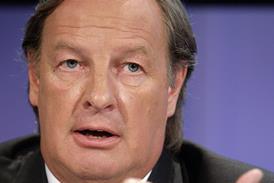
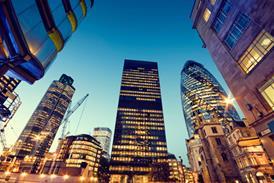


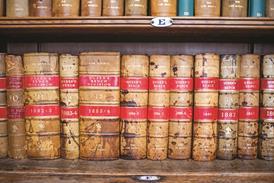
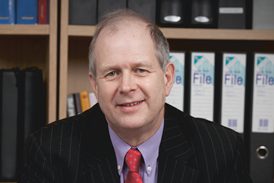
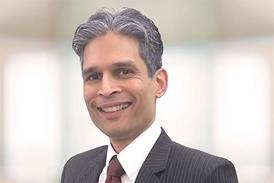
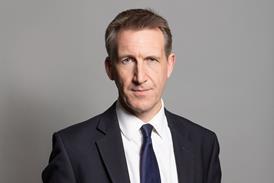








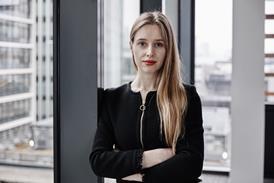











9 Readers' comments